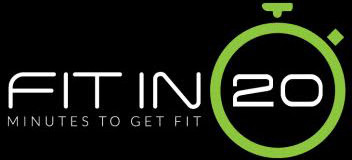HOW TO PREPARE FOR YOUR EMS WORKOUT
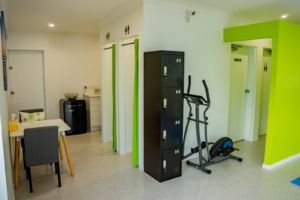
What to bring
Bring your trainers/gym shoes, or if you prefer some non-slip socks. There is no jumping or other joint straining exercise involved with EMS training.
We have shower facilities, so bring a towel and shampoo if you like. We also have lockers to keep your belongings safe, and a play area for babies and toddlers. Our manager is happy to look after your children during your workout.
If you already purchased your EMS suit, don’t forget to bring it. Don’t worry, we have suits for hire in case you do forget.
Bring yourself and a positive attitude, and our personal trainer will help you get motivated and answer any question that you might have!
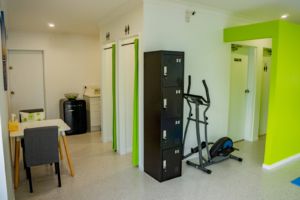
what to eat & drink
It is recommended to drink at least 1/2 liter of water 30-45 minutes before your workout. This will help your muscles recover. Research has shown that drinking caffeine before your workout can help reduce your muscle ache by half.
You can have a carb rich meal 2-3 hours before your work out (eg pasta, potato, rice, fruit) to power up for your workout.
Foods rich in potassium and magnesium (eg avocado, spinach, sweet potato, salmon) help your muscles recover and reduce muscle ache in the days after your workout.
A protein drink after your workout will help you build muscle and tone your body.
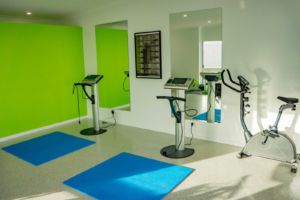
what to expect
After an initial greeting and consultation, your personal trainer will fit you with your EMS suit and vest. We will familiarise you with the pulses and make sure it is comfortable to use. You will experience only a slight tingling sensation during your workout.
Your regular session will take 30 minutes in total, including getting in and out of your EMS gear. Perfect for lunch breaks, before or after work, or even in between running errands.
As the training is very effective, you are likely to experience muscle fatigue after 24 hours. Make sure you keep on moving, stretch and keep up your fluids for several days. At check out you will go home with a comprehensive list with tips how to recover and help you with the muscle aches.
Remember: the ache only means progress!
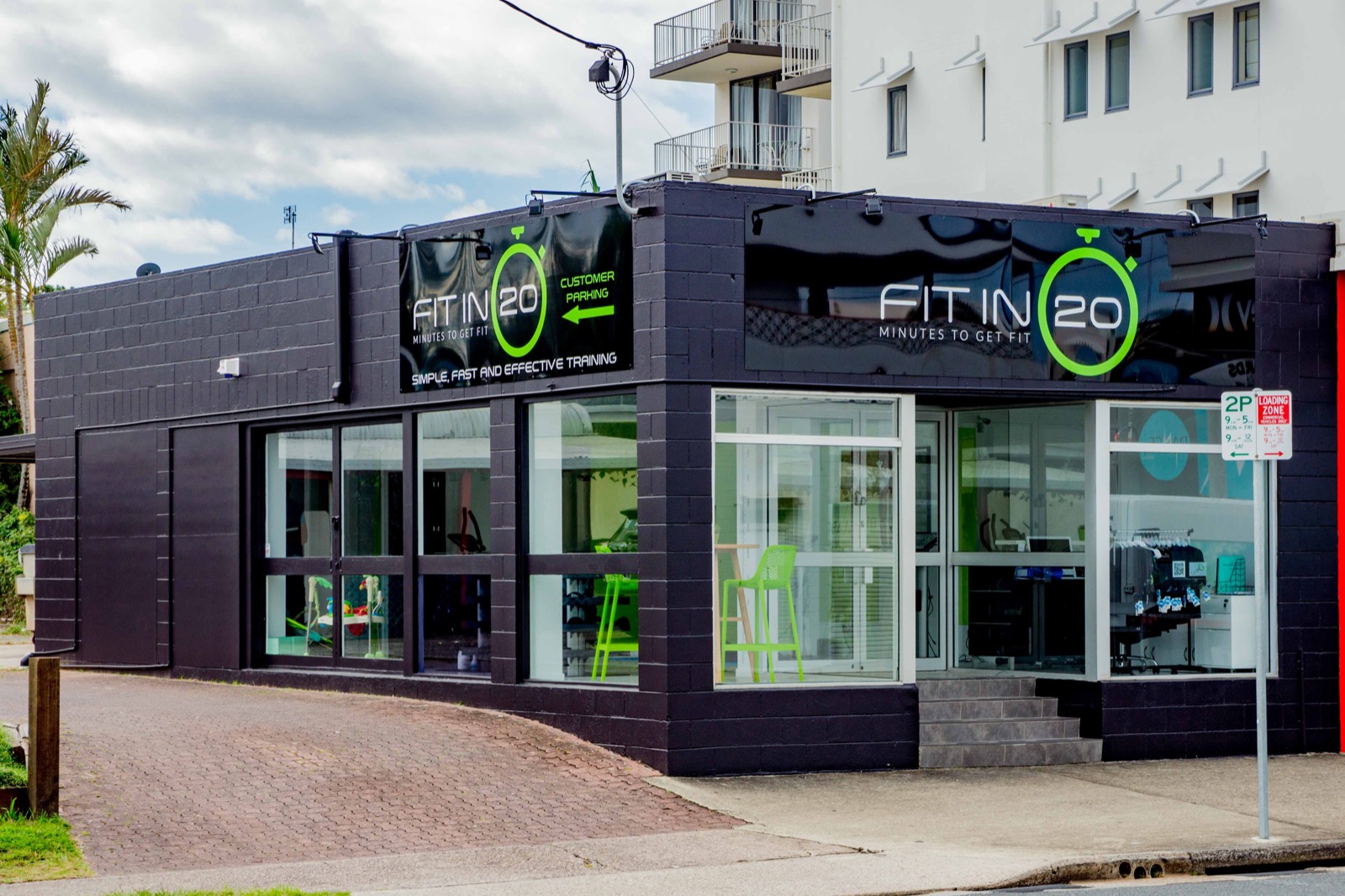
After starting high intensity fitness work outs you might expect some muscle soreness within 24 to 48 hours after the work out.
Here are some tips we gathered from the experts to help battle muscle discomfort and get you comfortably through the week.
Drinking
* Drink plenty of water in days to come. A guide if you drinking enough is to look at your urine, a light yellow colour is what you are aiming for
* Studies have shown drinking 1-2 cups of caffeinated coffee before your work out can reduce your muscle ache by half
* After your work out it is recommended to drink a sports drink or tart cherry juice
Nutrition
* Try to eat a protein rich meal after your work out, the nutrients help the muscles recover
* Foods high in calcium, potassium and magnesium will help your recovery
Supplements
* Vitamin B supplements help repair muscle damage
* A good multivitamin can help with your calcium and magnesium intake
* In case of cramps or overall discomfort consider taking a 20 minute bath with ¾ cup of Epsom salts
Low intensity cardiac work out
* A brisk walk or a hike can stretch and improve circulation which will decrease your muscle soreness
Other
* Deep tissue massage
* Stretching
* Cold packs rather than hot baths
* Ibuprofen or Arnica ointment
